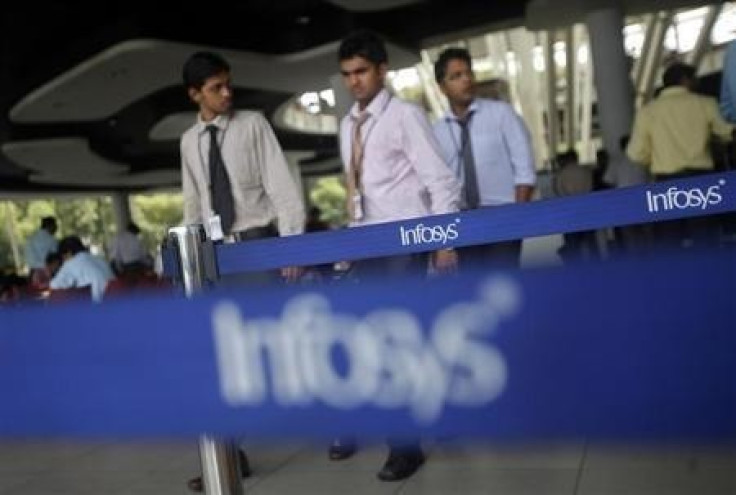Indian IT Firms Seek Business Expansion Opportunities in Europe

Indian IT firms such as Tata Consultancy Services, Infosys and Wipro are looking to win more clients and diversify in European countries, as they try to reduce their dependence of the US market amid uncertainties.
Companies have intensified their efforts to expand in Europe through acquisitions, setting up offices and hiring locals.
India's biggest IT firm, Tata Consultancy Services, which recently won a more than $160m (€117.9m, £99.5m) contract from Scandinavian Airlines System in order reduce its costs by reducing 70% of IT staff by 2015.
In 2014, four top Indian IT companies and their US rival Cognizant Technology solutions would achieve a 16% business growth in Europe, outpacing a 12% growth in the US, according to outsourcing advisory firm, NelsonHall.
The companies' search for higher market share in Europe comes amid uncertainties over more restrictive immigration rules in the US, according to the news agency. A likely immigration law overhaul in the US would substantially increase costs for outsourcing firms as they send workers abroad on short-term visas.
Conservative but Stable European Markets
About of third of revenue for the $108bn Indian IT services industry are coming from Europe at present, with Britain accounting for the bulk of it.
While the companies are looking to penetrate into northern European countries with more English speaking population, their attempts in the continent are generally hindered by language barriers and strict labour rules. They rely on acquisitions to expand in markets such as France and Germany. India has limitations over the amount of work that can be brought into it, as the country is not yet compliant with a European data privacy directive.
"Europe has been a very conservative market compared with the US," Sharat Kumar, head of delivery for Europe at IT services firm Tech Mahindra, told Reuters.
"The customers are conservative in starting the initiative, but once they do, these are the customers that don't just go back and forth or drop it, so what we've seen is that there is a lot more stability in the European customer."
Cost-Effectiveness
Meanwhile, many European companies that suffered from the credit crisis in the region are taking advantage of India's cost advantages. The low-cost labour has prompted global rivals such as IBM, Capgemini and Cognizant to run big units in India.
Furthermore, the skills shortage in continental Europe is also prompting companies to depend on foreign labour.
© Copyright IBTimes 2024. All rights reserved.






